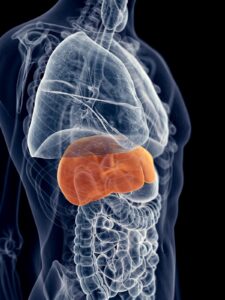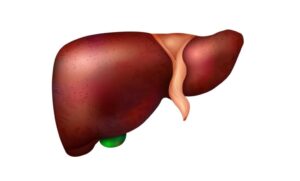
Tincture Of Opium: Detailed Guide
Tincture of Opium, a medicinal solution, is primarily prescribed for the symptomatic management of sporadic diarrhea. It functions by diminishing the activity of an overly responsive gastrointestinal tract, thus reducing the frequency of bowel movements. Classified under the opioid category, this medication may serve additional purposes at the discretion of healthcare professionals.
Critical Pre-Treatment Disclosures
Before initiating Tincture of Opium, inform your healthcare team about any existing health conditions, especially those related to the brain, heart, lungs, liver, gastrointestinal system, or if there’s a history of substance misuse. Crucial considerations include brain tumors, habitual alcohol consumption, previous head injuries, cardiac conditions, adrenal insufficiency, respiratory diseases, seizure history, digestive tract issues, recent use of monoamine oxidase inhibitors (MAOIs), allergies, pregnancy, and lactation status.
Administration Guidelines
Tincture of Opium should be taken orally, adhering strictly to prescription directions. It may be consumed with or without food; however, accompanying it with food is advisable if stomach upset occurs. Dosage measurement should be precise, using the provided dropper or a designated spoon, as household utensils lack accuracy. Regular, prescribed intervals must be followed, avoiding dosage alterations or cessation without medical advice.
Interaction Considerations
This medication may interact adversely with alcohol, antihistamines, certain psychiatric, seizure, sleep, and nausea medications, MAOIs, anesthetics, muscle relaxants, naltrexone, and other opioids. A comprehensive list of all substances you’re taking should be shared with your healthcare provider to prevent harmful interactions.
Monitoring During Treatment
Notify your care team if there’s no improvement or worsening of symptoms. Long-term use may lead to tolerance, necessitating dosage adjustments. Concurrent use of different pain medications could increase side effect risks. Emergency services should be contacted for breathing difficulties. Gradual discontinuation may be necessary to avoid withdrawal symptoms.
Potential Side Effects
Immediate medical attention should be sought for allergic reactions, breathing difficulties, dizziness, confusion, or inability to stay awake. Common side effects like constipation, nausea, and vomiting may occur, which should be reported if persistent or severe.
Storage Instructions
Keep the medication out of children’s reach and secure it against unauthorized use. It should be stored at room temperature, protected from light, and disposed of after the expiry date.
Comparative Table: Key Aspects of Tincture of Opium Management
| Aspect | Detail |
|---|---|
| Medical Use | Primarily for treating sporadic diarrhea. |
| Classification | Opioid medication. |
| Pre-Treatment Disclosures | Includes health conditions like brain tumors, alcohol usage, heart and lung diseases, among others. |
| Administration | Orally, with precise measurement for dosage. |
| Interactions | Potential adverse interactions with alcohol, certain medications including MAOIs, anesthetics, and other opioids. |
| Monitoring | Regular check-ins for effectiveness, avoidance of tolerance, and side effect management. |
| Side Effects | From common issues like constipation to severe allergic reactions and CNS depression. |
| Storage | At room temperature, protected from light, secure from unauthorized access. |
Conclusion
Tincture of Opium stands as a potent solution for managing diarrhea, leveraging its opioid-based therapeutic effects to moderate gastrointestinal activity. The administration of this medication demands a comprehensive understanding of the patient’s health background, meticulous adherence to dosing instructions, and vigilance for potential drug interactions.
The criticality of personalized medical supervision cannot be overstated, ensuring the treatment’s efficacy is balanced with safety to mitigate adverse effects. As with all opioid medications, the judicious use of Tincture of Opium underscores the importance of responsible management to harness its benefits while safeguarding against risks of dependency and misuse. This balance of careful application and monitoring embodies the nuanced approach necessary for optimizing patient outcomes in the treatment of diarrhea and related symptoms.

